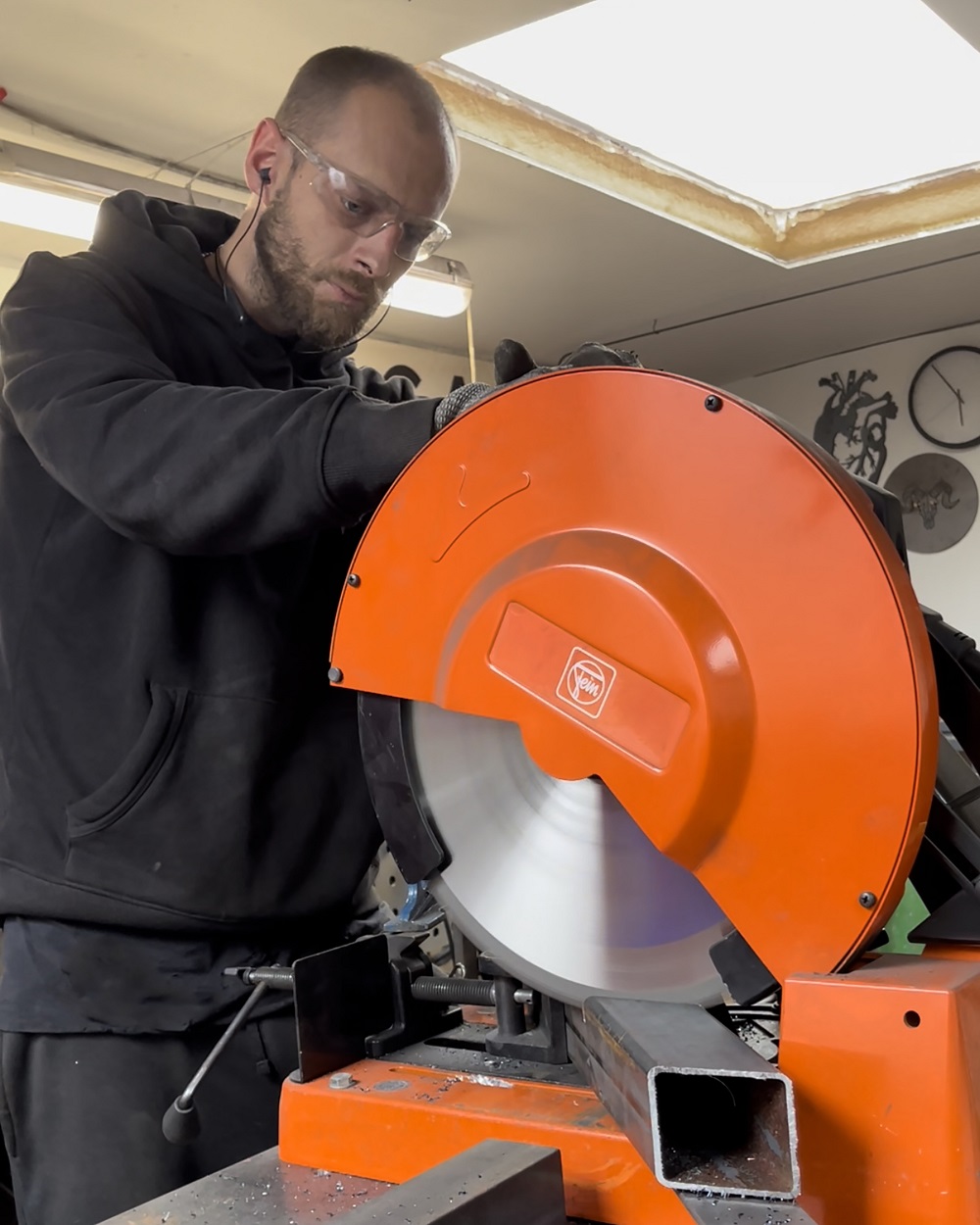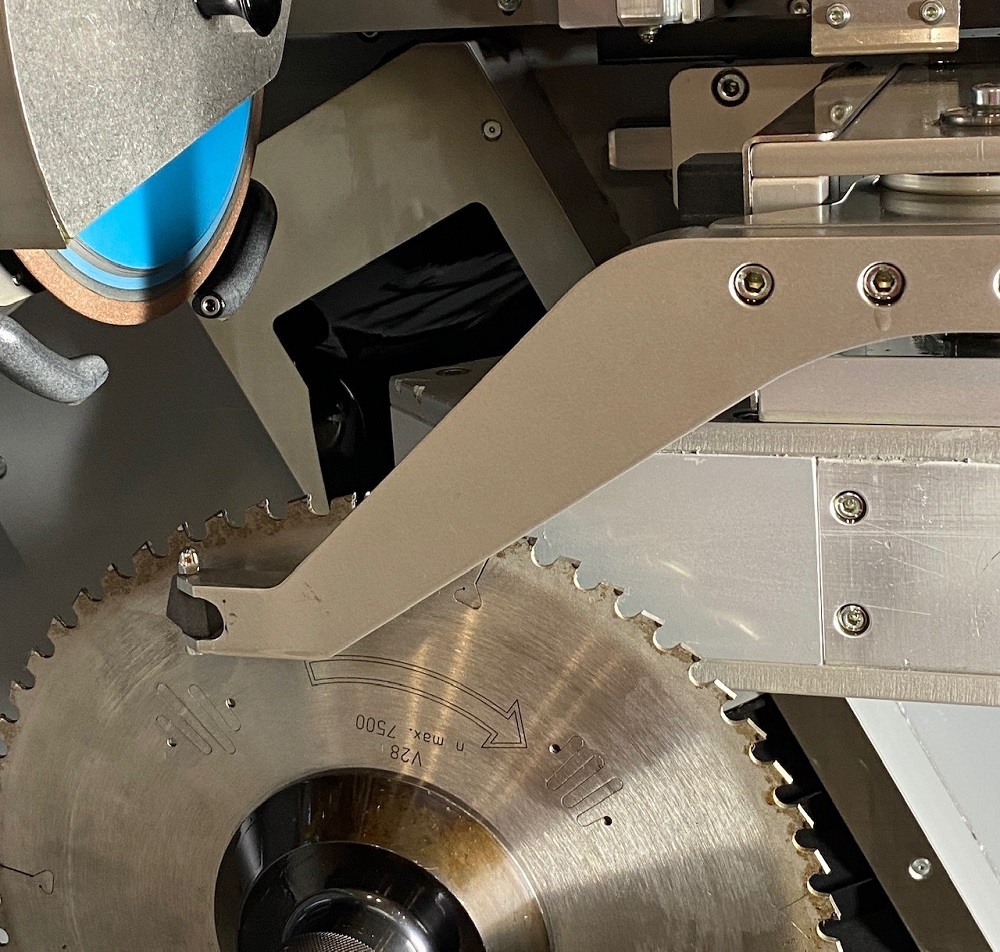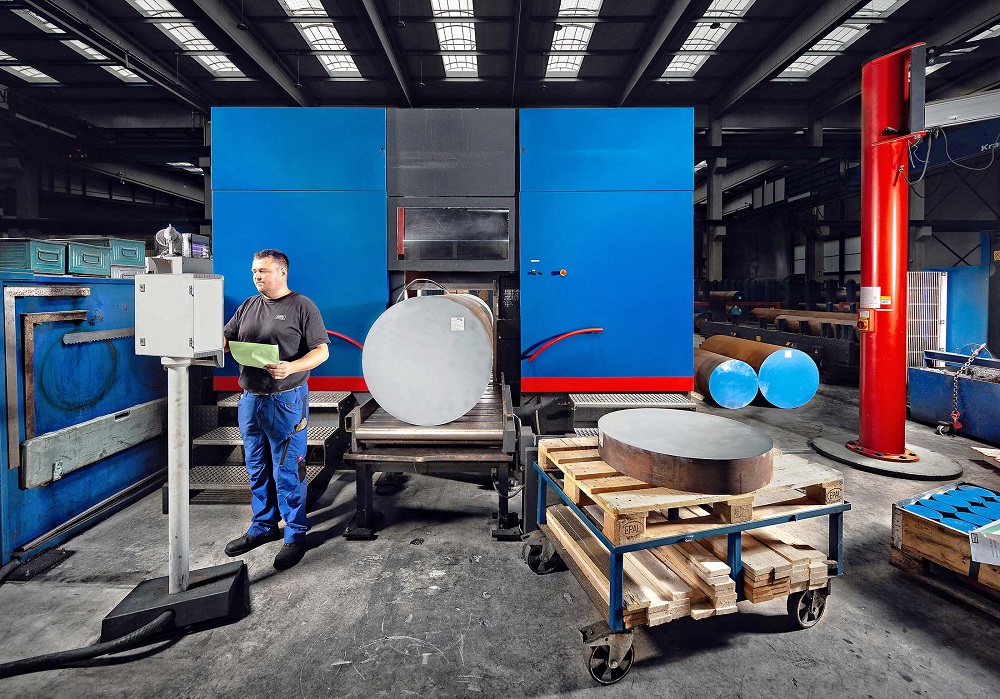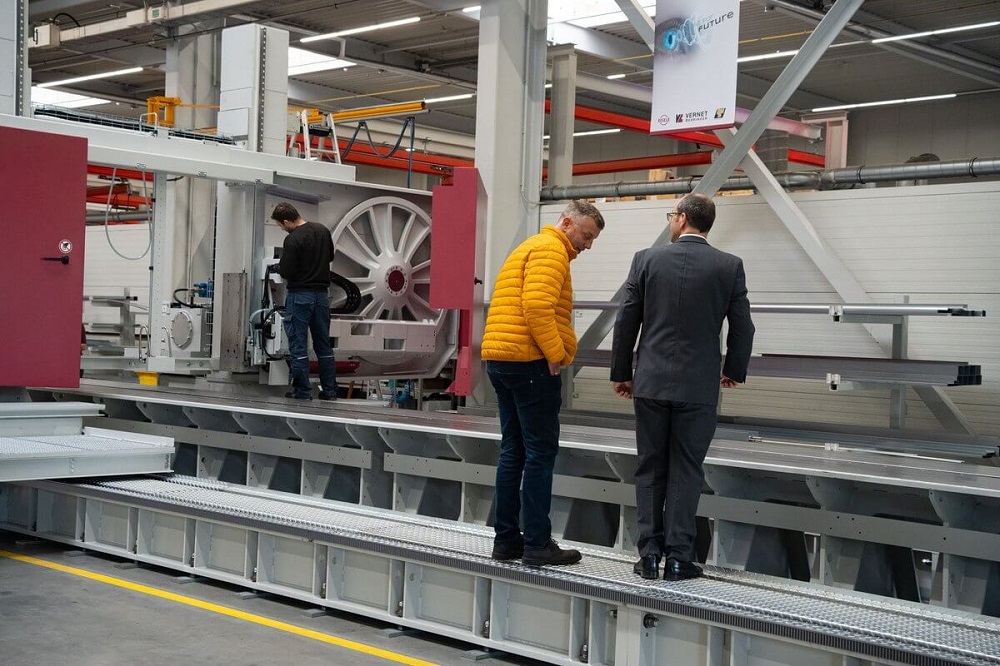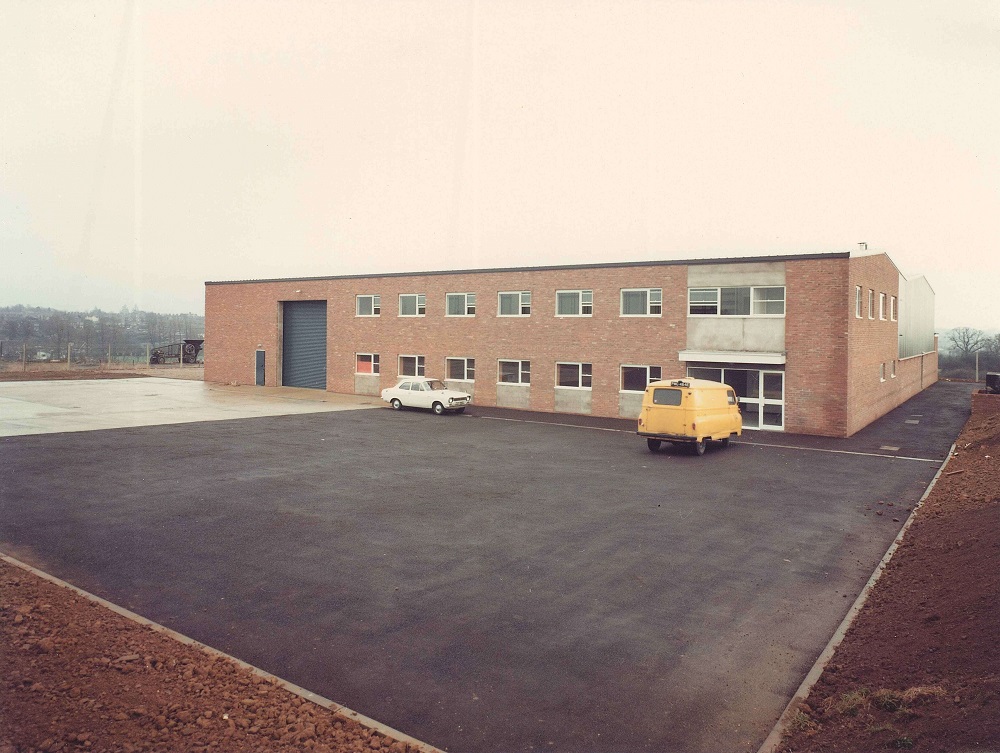Ricardo Churchill Bespoke Metalwork, which creates bespoke furniture evocative of contemporary gothic design, works with a variety of metals such as mild steel, stainless steel and brass to produce unique, statement pieces that push the boundaries of modern furniture trends.Despite the success of his business, proprietor Ricardo Churchill was spending considerable amounts of time using bandsaws to cut accurately,prompting him to turn toFein for a solution that would improve this issue and ultimately create process efficiencies.
Having worked with Churchill on several occasions previously, Fein’s team of metalworking experts recommended the MKAS 355 metal chop saw. With a powerful motor and various saw blades, Fein says that the MKAS 355 precisely cuts all ferrous and non-ferrous metals quickly and efficiently. It can process many different profile types, including tube, square, angle iron and bar stock. Depending on blade choice, the MKAS 355 can cut various materials and thicknesses including, mild steel, aluminium and stainless.
The MKAS 355 metal chop saw is delivering greater efficiency and precision at Ricardo Churchill Bespoke Metalwork, in turn enabling cost savings and adding real commercial value.
“In the past, I’ve used several other chop saws from other brands but always had problems,” states Churchill. “The biggest issue was blade wander, which really impacts accuracy. However, since using the MKAS 355, my experience has changed considerably, improving productivity and efficiency massively. The build quality and performance has been the best I’ve used and, in my experience, it’s incredibly reliable in comparison with other chop saws currently on the market.”
Andy Mills, managing director of Fein UK, adds: “We worked closely with Ricardo to drill down on the challenges he was facing, before recommending the ideal solution in the MKAS 355.”
For further information www.fein.com/en_uk






